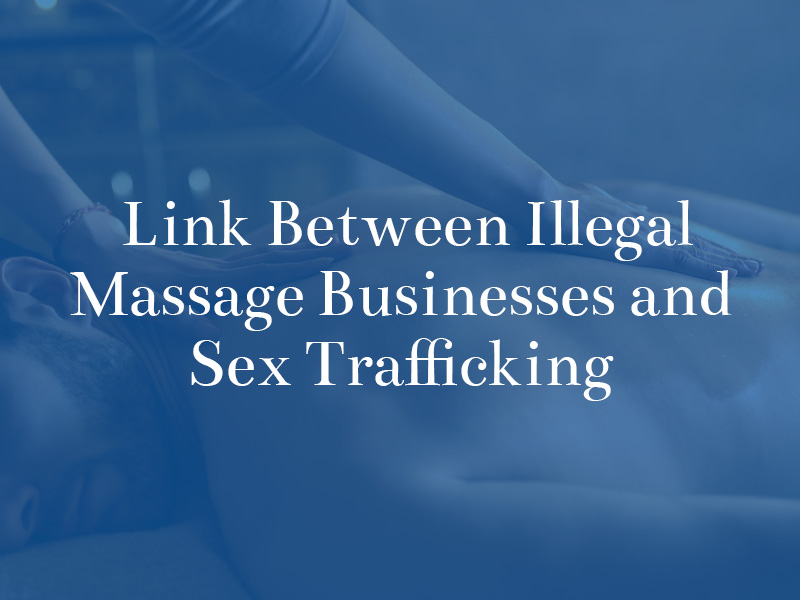A Voice for the Voiceless
The Dunken Law Firm is committed to helping each client find their voice and recover what has been lost.
START MY FREE CONSULTATIONJanuary 13, 2020 | Human Trafficking
Human trafficking continues to be a growing concern among lawmakers, especially when it comes to massage parlors and the role they play in this ongoing crime. Commonly what is called illicit massage businesses (IMBs), have unfortunately become all too common in America, as Polaris reports there are more than 9,000 currently in operation. Approximately 700 of them are in Texas.
Disconcertingly, the vulnerability of children causes them to be particularly at risk of falling victim to recruitment into an IMB, in addition to the guided offer of employment. Especially since traffickers often first target children or teens online, and build a relationship before meeting them in person. They typically prey on children who are either foster kids, runaways, insecure and looking for approval, “outcasts” or “loners,” or those suffering from addiction.

These businesses are often hidden in plain sight and in affluent areas, but visible only to those who know the signs:
According to Children at Risk, IMBs typically lease commercial space, and can be found next to veterinary offices, craft stores, or even daycare centers. Due to their prevalence, Children at Risk also estimate that are around 35,000 children attend school within 1,000 feet of an IMB in Texas, as well as more than 900,000 who attend school within a mile of one.
Lawmakers in every state and in Congress have enacted laws that criminalize human trafficking and impose serious penalties. Additionally, 43 states have laws in place to specifically address underage trafficking. However, stronger business regulations at the municipal level are needed to rid cities of IMBs. Oftentimes, local law enforcement agencies do not have the resources to target and prosecute the hundreds or thousands of trafficking businesses in the area. As a result, traffickers find a way to continue operating through loopholes, and simply move locations if necessary.
Out of 46 states, only 12 percent of counties and 12 percent of cities regulate massage business operations. Examples of strong regulations that are needed across the country and have been implemented in certain cities, counties, or states, include:
When you suspect that a massage parlor is actually an IMB, contact the National Human Trafficking Resource Center at 1-888-373-7888 immediately. If you are a surviving victim or know someone who is, please contact our mass tort litigation lawyer if you’d like to discuss your legal options and pursue a civil lawsuit against the trafficking parties. Call (713) 554-6780 and schedule a free consultation today.